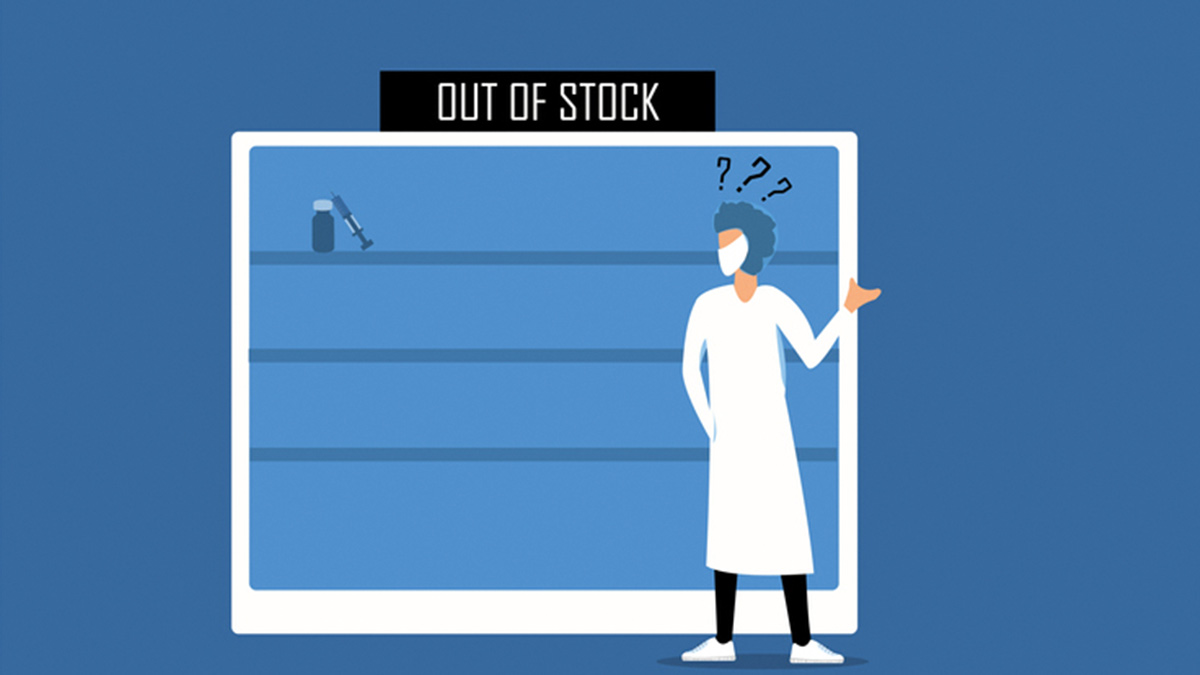Medicine shortages in Ireland continue to prolong, with 248 different medicines used by Irish patients currently out-of-stock, a yearon-year rise of 48 per cent since March 2022, according to the latest Medicine Shortage Index.
The latest shortages analysis indicates a new major scarcity of commonly-used tablets to treat anxiety and insomnia, including generic versions of the medicines.
Other medicines in short supply across multiple suppliers include several high blood pressure medicines. Many antibiotics and over-the-counter cough and cold medicines are still under pressure, with 13 eye drop medicines completely out of stock.
Of the 248 medicines currently unavailable, 13 are listed on the World Medical Organisation’s (WHO) ‘critical medicines’ list.
The Medicine Shortage Index, prepared by Azure Pharmaceuticals, analyses data made publicly available by the Health Products Regulatory Authority (HPRA).
There is growing consensus that commercial reasons are some of the primary drivers of the crisis. Last month, the OECD’s health division told The Lancet medical journal that unsustainably low pricing for many off-patent medications is one of the main factors creating vulnerability in the supply of medicines.
Other European countries have already taken specific policy measures to date to counter uncompetitive pricing of medicines. Portugal, the UK, Germany, and Switzerland have all taken a range of price-related policy measures in response to the problem, including price increases for lower-priced medicines.
Sweden, Denmark and Malta, which all use tenders to set reimbursement prices, have all experienced price increases due to lack of supply of core medicines. To date, the Irish Department of Health is yet to meaningfully respond to this deepening challenge, said Azure.
“Persistent shortages in the supply of critical medicines have shown that it is not a seasonal issue restricted to winter, nor is it going to resolve itself over time without bold, ambitious, and co-ordinated action at policy level,” said Sandra Gannon, CEO of Azure Pharmaceuticals.
“A combination of respiratory illnesses and Covid-19 last winter resulted in shortages in staple drugs like paracetamol and the antibiotic amoxicillin. However, shortages have continued to persist as we entered spring. This is clear evidence, if it was needed, that respiratory illnesses are not the only cause of shortages, as some have suggested.
“Medicine shortages will continue to persist unless political will is shown in Ireland to take measures, like those carried out by other EU nations, to meaningfully tackle the issue.
“Over one-third of the 248 out-of-stock medicines in Ireland are single-source suppliers and there is immense price pressure on medicines in the lowest price segment. One of the means we have to protect our domestic supply of stock, to prevent these important medicines from running out, is through pricing.
“Very low prices might appear to be an advantage, but that is actually a false positive because the lower the prices, the less attractive the market is for manufacturers. This can leave only few suppliers for some critical medicines.
“Failure to act increases the likelihood of manufacturers and medicines leaving the market altogether.”







